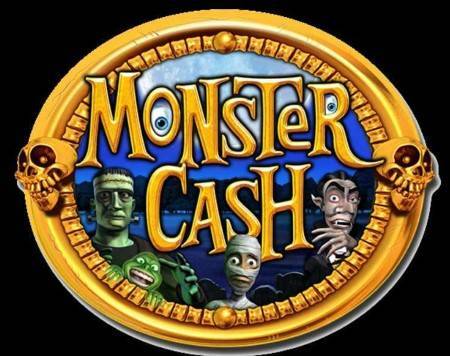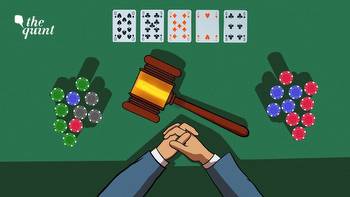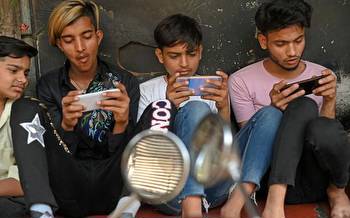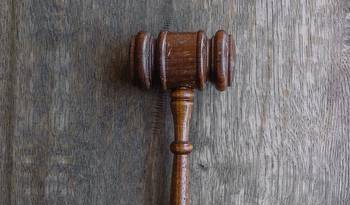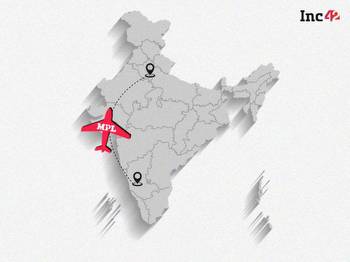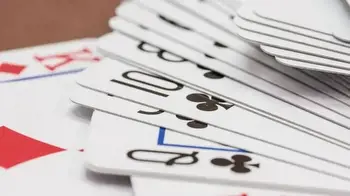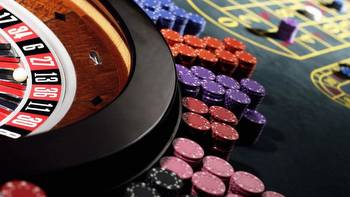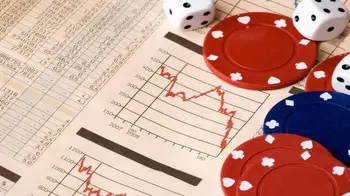Legalising Online Gambling: A Safe Or Unsafe Bet?

After the Karnataka Legislature passed a law to amend the Indian Police Act, 1963, to ban all forms of gambling in the state, including online gambling, the Kerala High Court has quashed the government's decision of banning the game.
The single-judge bench of Kerala High Court said that it was a game of 'mere skill' and excluded from the blanket ban of other games of chance. The High Court mentioned that several of the Supreme Court's judgements also similarly interpreted the game, even before the state governments issued a notification against the game.
360 Million Gamers In The Country
Online games have widely been played, especially after the lockdown. Karnataka was the fourth state in the country after Telangana, Tamil Nadu, and Andhra Pradesh banned all the online games involving money rewards. The Indian gaming industry received several foreign investments, and it has grown by leaps and bounds in the past few years.
As reported by NDTV, India currently has more than 400 startups and, as of 2020, housed more than 360 million gamers. The industry value is expected to touch $2 billion by 2023, and the count for gamers is set to touch 510 million by 2022.
Government-Regulated Market Would Be A Safer Bet
While traditional gambling games have not set a perfect example for society, it would be wrong to assume that the online world worked on similar lines. Losing in gamble games have previously proved to be the trigger of suicide and depression for many, but on the other hand, the have also earned fortunes to many others. Similarly, in contemporary times, gaming provides livelihoods to millions of people, especially youngsters, who are resorting to online gaming to earn their bread and butter.
A government-regulated market would allow the government to keep an eye on the happenings and reduce the risk involved for the players. Moreover, by banning the well-received gaming market, the states would not only make it riskier but also open the scope for a black market in the field.







